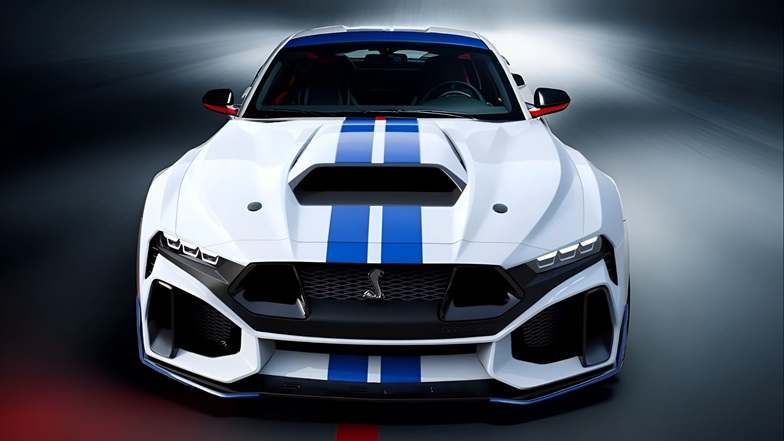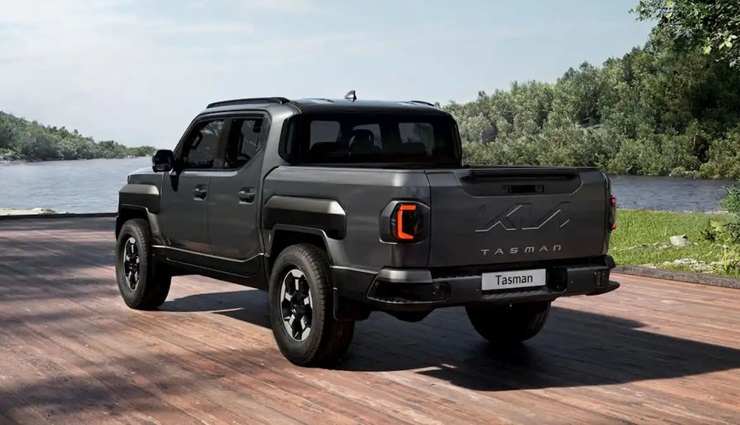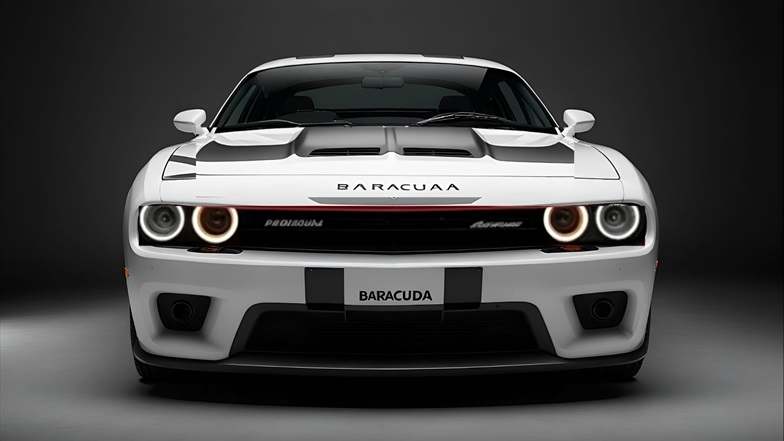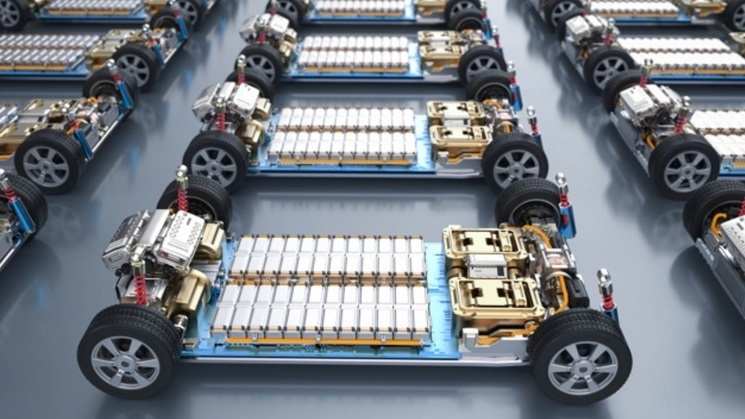BMW has officially resolved one of the biggest questions surrounding its iconic sports saloon: the next-generation BMW M3 will be available in two distinct forms—a traditional petrol-powered version and an all-electric variant. This groundbreaking decision marks a pivotal moment for both BMW and car enthusiasts, blending tradition with innovation.
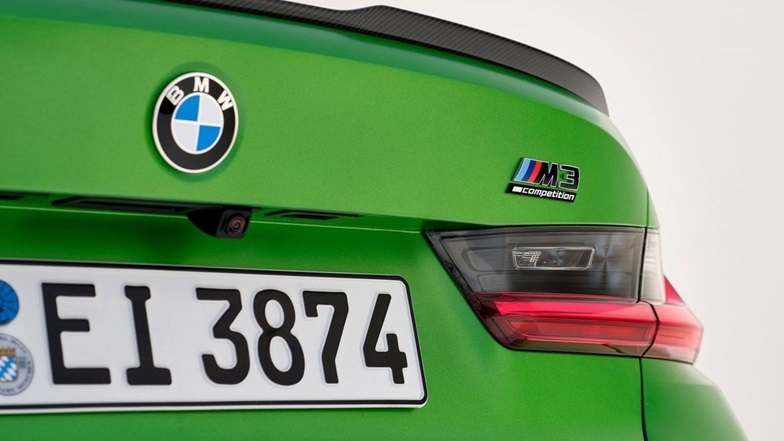
The announcement sheds light on BMW’s approach to transitioning into an electric future while maintaining its legacy of thrilling, high-performance driving. Here’s a closer look at what the future holds for the BMW M3 and what makes each option unique.
A Tale of Two M3s: Petrol vs. Electric
The next-generation BMW M3, slated to arrive in 2028, will cater to two types of enthusiasts: those loyal to the roar of combustion engines and those eager to embrace the quiet power of electric propulsion. BMW’s decision is a strategic one, allowing the brand to ease into electrification without alienating its traditional audience.
Here’s a breakdown of what we know so far:
- Petrol-Powered BMW M3: This variant will carry forward the current M3’s 3.0-liter six-cylinder engine, already compliant with future emissions regulations. Expect evolutionary updates to ensure it remains competitive and exhilarating.
- Electric M3: Based on BMW’s upcoming Neue Klasse platform, this version will push the boundaries of performance, potentially boasting a jaw-dropping 1,000 horsepower from four electric motors.
Despite their different powertrains, both models will bear the BMW M3 badge, with BMW M CEO Frank van Meel confirming that no further differentiation is necessary.
What Makes the Electric M3 Unique?
The electric version of the BMW M3 represents a major leap forward in BMW’s EV strategy. Here’s what sets it apart:
- Power and Performance
The electric M3 is expected to deliver around 1,000 horsepower, making it the most powerful M3 ever produced. Four independent electric motors, one for each wheel, will offer unparalleled control, torque distribution, and dynamics. - Neue Klasse Platform
Designed specifically for BMW’s next-generation EVs, the Neue Klasse platform will serve as the foundation for the electric M3. It promises not only raw power but also advanced energy management systems to ensure exceptional driving dynamics. - Weight Challenges and Solutions
Weight is a critical concern for sports cars, and the heavy batteries required for long-range EVs are no exception. However, Van Meel reassures fans that innovative technologies, such as individual motor control and advanced central processing, will help mitigate the effects of added weight, preserving the M3’s agility and responsiveness.
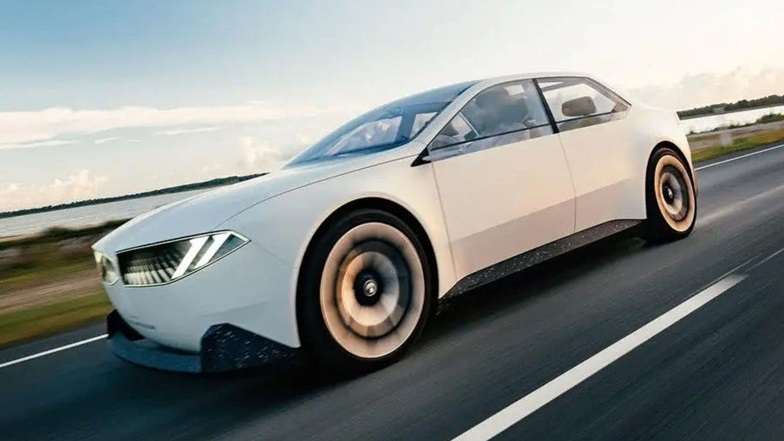
A Balancing Act: Combustion vs. Electrification
BMW’s decision to offer two versions of the BMW M3 reflects the challenges automakers face during the shift to electrification. Here’s a closer comparison of the two variants:
| Feature | Petrol-Powered M3 | Electric M3 |
|---|---|---|
| Platform | Evolved version of the current setup | Neue Klasse (dedicated EV platform) |
| Performance | Around 500-600 hp | Up to 1,000 hp |
| Driving Dynamics | Proven handling, lighter weight | Advanced motor control, potential weight challenges |
| Range/Refueling | Quick refueling | Long range but slower recharging |
| Environmental Impact | Meets future emissions standards | Zero emissions |
Tackling the Weight Debate
Weight is a well-known enemy of sports cars, as it can negatively affect handling, acceleration, and overall performance. The electric BMW M3 will face this challenge head-on, with Van Meel acknowledging that early models will likely feature large, heavy batteries to ease range anxiety in areas with limited charging infrastructure.
However, the BMW M team is optimistic about the future. As charging networks expand, smaller, lighter batteries could become feasible, significantly reducing the vehicle’s overall weight. In the meantime, the electric M3 will utilize cutting-edge technologies to maintain its hallmark agility:
- Motor-Per-Wheel Setup: Each of the four motors can independently adjust power output, offering precise torque control for optimal handling.
- Advanced Central Control Unit: This system coordinates power distribution across all wheels, compensating for the vehicle’s heavier weight and delivering a sense of “lightness” on the road.
Design Influences: What to Expect
Both the petrol-powered and electric BMW M3 are expected to draw design inspiration from the Neue Klasse platform, though the electric variant will likely feature additional futuristic touches to emphasize its cutting-edge nature.
Potential Design Highlights
- Aerodynamic Enhancements: Optimized airflow for better efficiency and stability.
- Sleek Interiors: A focus on minimalism and advanced tech integration, reflecting the Neue Klasse ethos.
- Subtle Differentiation: While both models will share the M3 name, expect small visual cues to distinguish the electric from the petrol version.
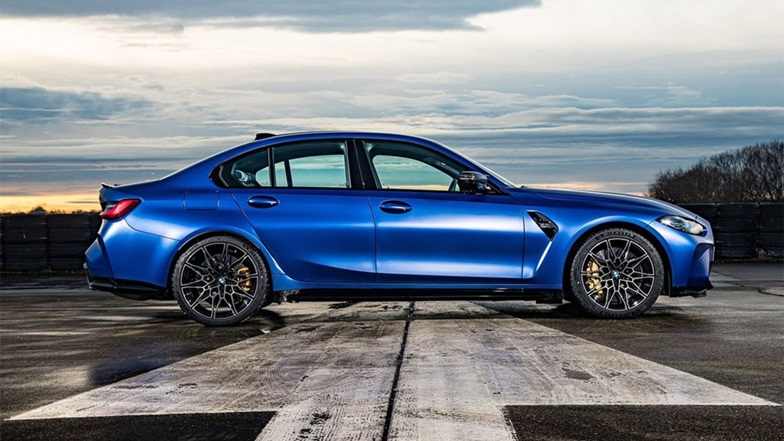
BMW’s Vision for the Future
BMW’s commitment to giving customers a choice between petrol and electric propulsion underscores the brand’s belief in coexistence during the EV transition. The dual M3 strategy ensures BMW can cater to:
- Traditionalists: Fans who love the visceral thrill of a combustion engine.
- Innovators: Drivers eager to experience cutting-edge electric performance.
The Long-Term Plan
Van Meel hinted that as charging infrastructure improves and lightweight battery technology advances, electric sports cars like the M3 will become even more compelling. However, BMW isn’t rushing to phase out petrol engines entirely, respecting the preferences of its diverse customer base.
The M3’s Dual Identity
The next-generation BMW M3 marks a turning point in the automotive world, offering a bridge between tradition and innovation. Whether you’re drawn to the classic roar of a petrol engine or the silent, blistering speed of electric power, BMW has something for everyone.
While challenges like weight and charging infrastructure remain, the M3’s electric variant is set to redefine performance and dynamics, making it a formidable contender in the sports car segment. At the same time, the petrol-powered version ensures BMW’s legacy remains intact, delivering the unmistakable driving pleasure enthusiasts have cherished for decades.
As 2028 approaches, one thing is clear: the future of the BMW M3 is as exciting as ever—whether it’s fueled by petrol or electricity.
PEOPLE WHO READ THIS, ALSO READ

